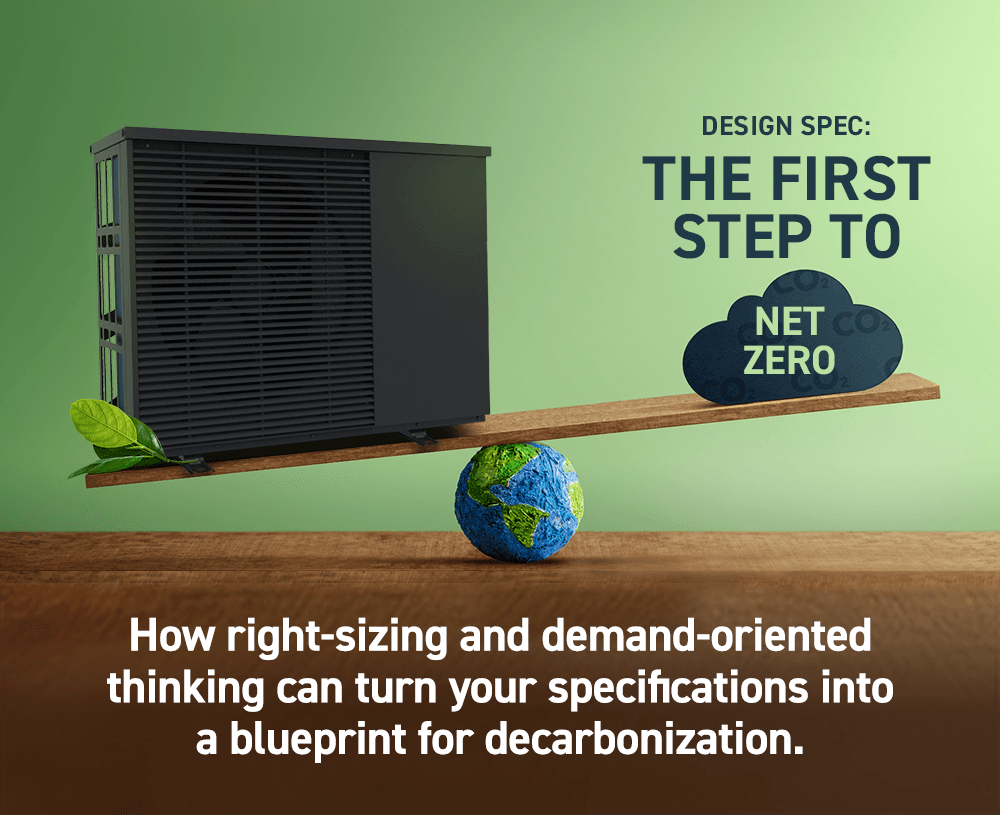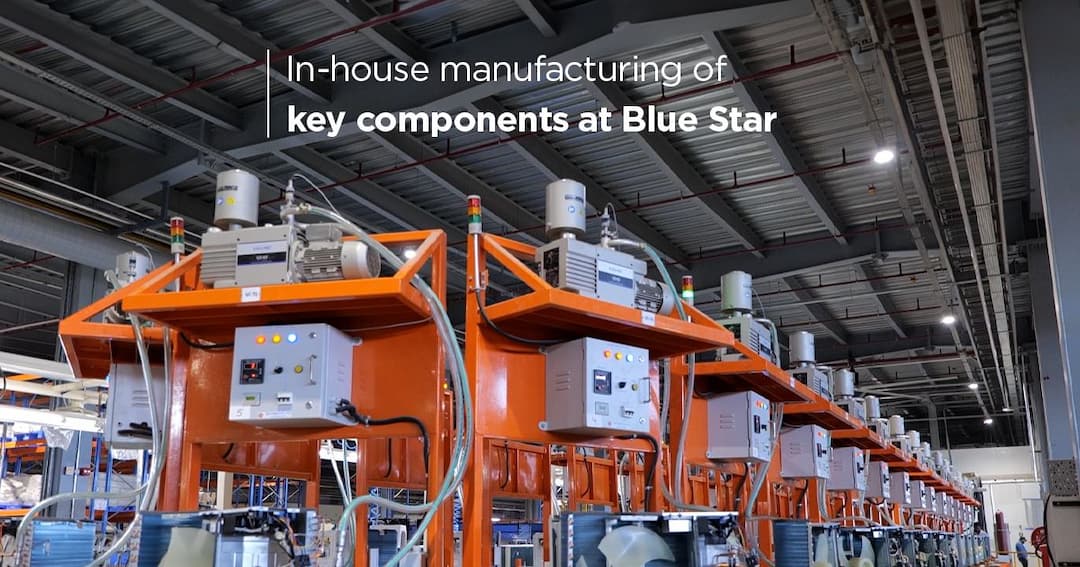Decoding Green Heating: Heat Pumps vs Traditional Heating Systems

Introduction
The quest for sustainable heating solutions has brought traditional heating systems and heat pumps into the spotlight. While traditional gas heating systems have been the default choice for decades, heat pumps are emerging as promising alternatives, offering the potential to reduce carbon emissions and promote environmental sustainability. This blog post embarks on a journey to unravel the green heating puzzle by conducting a comprehensive comparison between traditional heating systems and heat pumps, aiming to determine which option offers the greener choice.
Carbon Footprint Assessment:
The comparison begins with a detailed examination of the carbon footprint associated with both traditional heating systems and heat pumps. Traditional gas heating systems, fueled by non-renewable natural gas, emit carbon dioxide (CO2) and other greenhouse gases during combustion, contributing to climate change and air pollution. In contrast, heat pumps utilize electricity to transfer heat from the environment, significantly reducing direct carbon emissions. However, the overall carbon footprint of heat pumps depends on the energy source used to generate electricity, highlighting the importance of transitioning to renewable energy sources for a truly sustainable heating solution.
Energy Efficiency and Renewable Energy Use:
Next, the focus shifts to energy efficiency and the utilization of renewable energy sources. Traditional heating systems often operate at lower efficiency levels, resulting in higher energy consumption and greater environmental impact. In contrast, heat pumps leverage advanced technology to achieve high efficiency ratings, such as Coefficient of Performance (COP) and Seasonal Energy Efficiency Ratio (SEER). Moreover, heat pumps have the flexibility to harness renewable energy sources, such as solar power or wind energy, further enhancing their sustainability credentials. By maximizing energy efficiency and incorporating renewable energy sources, heat pumps offer a greener alternative to traditional heating systems.
Environmental Impact on Air Quality:
Another crucial aspect of the comparison is the environmental impact on air quality. Traditional gas heating systems emit pollutants such as nitrogen oxides (NOx), sulfur dioxide (SO2), and particulate matter (PM), contributing to air pollution and respiratory health issues. In contrast, heat pumps produce minimal air emissions during operation, leading to improved air quality and public health outcomes. By reducing reliance on fossil fuels and combustion processes, heat pumps play a vital role in mitigating air pollution and creating healthier indoor and outdoor environments.
Lifecycle Analysis and Sustainability:
A holistic assessment of heating systems' environmental impact requires consideration of their entire lifecycle, from manufacturing and installation to operation and disposal. Traditional gas heating systems involve the extraction, processing, and transportation of fossil fuels, which generate significant environmental burdens. Moreover, the eventual disposal of gas heating equipment poses challenges related to waste management and environmental contamination. In contrast, heat pumps exhibit greater longevity and require minimal maintenance, resulting in lower lifecycle environmental impacts. Additionally, advancements in heat pump technology have led to improved system efficiency and durability, further enhancing their sustainability credentials.
Blue Star Heat Pumps:
Amidst the discourse on sustainable heating solutions, Blue Star presents its range of heat pumps as a testament to its commitment to environmental stewardship. With a focus on innovation and efficiency, Blue Star heat pumps offer a compelling option for those seeking greener heating alternatives. Utilizing advanced technologies and high-quality components, Blue Star ensures that its heat pumps deliver optimal performance while minimizing environmental impact. From residential to commercial applications, Blue Star's dedication to sustainability resonates through its product offerings, providing customers with an eco-friendly heating solution they can trust.
Conclusion:
The comparison between traditional heating systems and heat pumps underscores the latter's superiority in terms of environmental sustainability. However, achieving widespread adoption of heat pumps requires concerted efforts from policymakers, industry stakeholders, and consumers to overcome barriers and promote the transition to cleaner heating technologies. By prioritizing environmental sustainability in heating choices, individuals and organizations can contribute to a healthier planet for future generations.
By emitting fewer greenhouse gases, utilizing renewable energy sources, and minimizing air pollution, heat pumps emerge as the greener choice for heating homes and buildings. As we strive to mitigate climate change and preserve environmental quality, the adoption of heat pumps represents a significant step towards a more sustainable future.

















